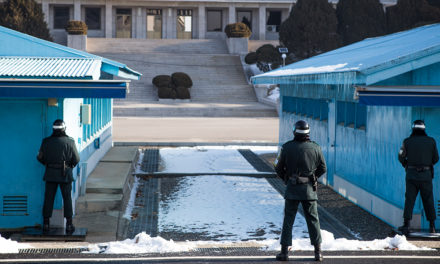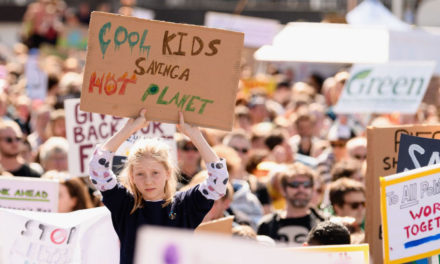A new study by 11,000 scientists based on data collected over 40 years has found that the threat facing the world is greater than previously thought and predicts “untold human suffering” without making deep and lasting change.
The study was released on the same day that satellite data showed that October was the warmest month on record. The authors say that their findings represent “a suite of graphical vital signs of climate change over the past 40 years and that just measuring surface temperatures is an inadequate way of measuring the real dangers of climate change.
As well as fossil fuel consumption, other indicators include the growth of human and animal populations and a sharp loss of global tree cover.
The study echoes previous warnings by scientists including the report by the International Panel on Climate Change (IPCC).
“Despite 40 years of global climate negotiations, with few exceptions, we have largely failed to address this predicament. Especially worrisome are potential irreversible climate tipping points. These climate chain reactions could cause significant disruptions to ecosystems, society, and economies, potentially making large areas of Earth uninhabitable,” the scientists warn.
However, while things are bad, they are not completely hopeless and there are ways we can reduce climate change. The scientists point to the growth of renewable energy as one such example. Wind and solar power has grown by 373% per decade but is still 28 times smaller than the use of fossil fuels.
The scientists are frustrated that despite being aware of the problem for four decades multiple climate conferences and assemblies have failed to result in meaningful action.
“We have rising emissions, rising temperatures, and we’ve known this for 40 years and we haven’t acted – you don’t need to be a rocket scientist to know that we have a problem,” said Dr. Thomas Newsome from the University of Sydney, who is the lead author of the report.
The researchers cite six areas where humanity must change what it is doing in order to at least slow down climate change. These are:
Energy
Politicians must act to end subsidies on fossil fuels and actually impose carbon fees to discourage their use. Short lived pollutants, such as soot, hydrofluorocarbons and methane must also be limited as this will have the potential to cut short term warming.
Food
People must change what they eat, so we eat more plants and fewer animal products and we must all strive to reduce food waste.
Economy
We must reduce are reliance on fossil fuels and get away from the goal of constantly pursuing wealth and affluence and focusing on gross domestic product.
Population
The world must stabilise population growth, which currently is way too high and is growing at 200,000 a day. The idea of trying to limit human population growth is highly controversial and so far, has been deemed as to hot to handle of the UN.
“It’s certainly a controversial topic – but I think that population should be talked about when considering human impacts on the earth,” said Dr. Newsome.
- Why is California So at Risk from Wildfires? - 13th November 2019
- Carbon Offsetting is Growing but Does it Make a Difference? - 11th November 2019
- Three Confirmed Dead as Australia Prepares for “Catastrophic” Bushfires - 11th November 2019






